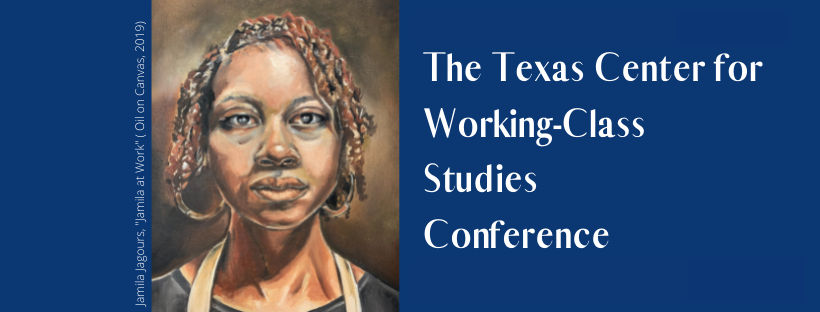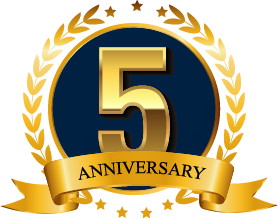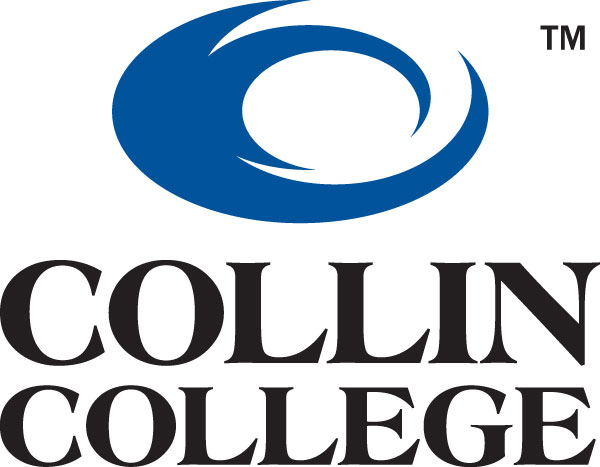
Digital Humanities
During the fall 2019 semester, Dr. Lisa Kirby was on sabbatical working on a project titled "New Frontiers in English Studies: Exploring the Digital Humanities." During her research, Dr. Kirby found many useful resources for both faculty and students that demonstrate the intersection of Digital Humanities and Working-Class Studies. Here are some of those resources that include primary sources, digital archives, photographs, podcasts, and films:
American Life Histories: Manuscripts from the Federal Writers' Project, 1936-1940, Library of Congress: These primary documents include oral histories and interviews collected by the Federal Writers' Project.
Class Matters, The New York Times: This website feature interviews, graphs, and interactive media based on interviews conducted by New York Times reporters on social class in the United States.
Inside an American Factory: Films of the Westinghouse Works, 1904, Library of Congress: These 21 films show various branches of the Westinghouse Company and workers performing their jobs.
LOST Labor: Images of Vanished American Workers 1900-1980: This collection of photographs was collected from more than 1100 company pamphlets and brochures documenting America’s industrial history.
The Samuel Gompers Papers: A Documentary History of the American Working Class: An archive featuring documents related to Gompers, a leading 19th-century trade unionist.
The Studs Terkel Radio Archive: This archive of over 1,200 radio broadcasts features Terkel's interviews, many of which focus on the working class.
The Walter P. Reuther Archives, Wayne State University: These archives include photographs and textual documents of the United Autoworkers and other labor organizations.
Women Working, 1900-1930, Harvard University: This online collection features photographs and documents related to American working women.
Working, Slate: This podcast features interviews with everyday people about their jobs.
Your Story, Our Story: Lower East Side Tenement Museum: A crowd-sourced, national project that explores immigration and migration in the United States through collecting the stories of everyday objects.


